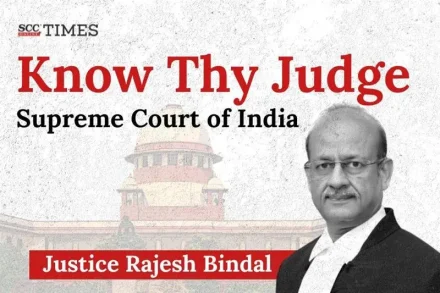
Know Thy Judge | Supreme Court of India: Justice Rajesh Bindal
Prior to being elevated to the Supreme Court in 2023, Justice Rajesh Bindal was serving as the Chief Justice of Allahabad High Court.

Prior to being elevated to the Supreme Court in 2023, Justice Rajesh Bindal was serving as the Chief Justice of Allahabad High Court.
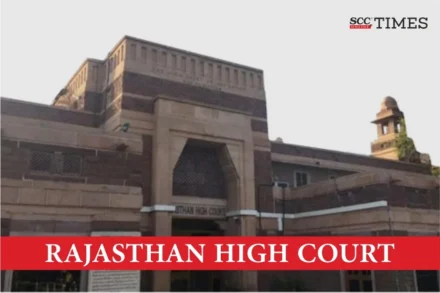
“For the welfare of a child, the burden of past mistakes must be lifted, offering him a fresh start to thrive, free from the weight of stigma.”
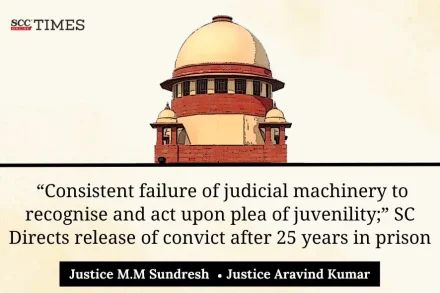
The Court explained that when the plea of juvenility was raised, it should have been dealt with under the existing laws at the relevant point of time, especially when there exists a tacit and clear admission as to the age of the Appellant.

Supreme Court highlighted that the fact of accused being a child in conflict with law was known to the Investigating Officer, prosecution as well as the Trial Court from the very inception of proceedings.

Delhi High Court highlighted the commitment to upholding the principles of juvenile justice and protecting individuals from undue repercussions for offenses committed during their minority.
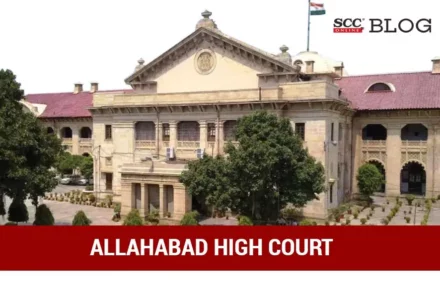
Allahabad High Court directed the State Government to undertake an exercise for admission of the children in reputed schools in the vicinity of the homes.

“Wherever the dispute with respect to the age of a person arises in the context of her or him being a victim under the Protection of Children Against Sexual Offences Act, 2012, the courts have to take recourse to the steps indicated in Section 94 of the Juvenile Justice (Care and Protection of Children) Act, 2015.”
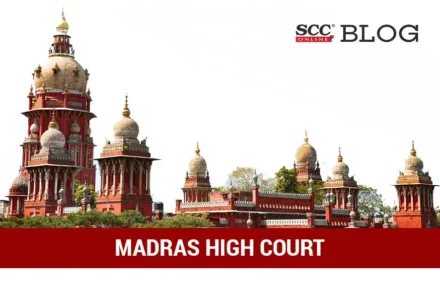
If consensual relationship cases are segregated from the pending cases, it will be easy to deal with them and in appropriate cases, the Court can also exercise its jurisdiction and quash the proceedings, if the proceedings are ultimately going to be against the interest and future of the children involved in those cases and it is found to be an abuse of process of Court.
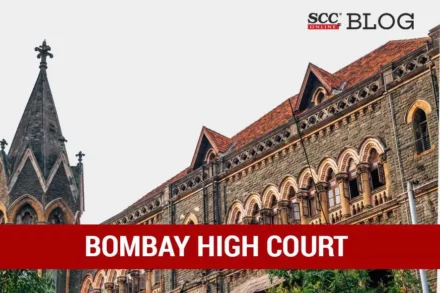
Bombay High Court explained that trying a child below 18 years before Juvenile Justice Board is a rule and trying a child above 16 years as an adult before Regular Court is an exception.
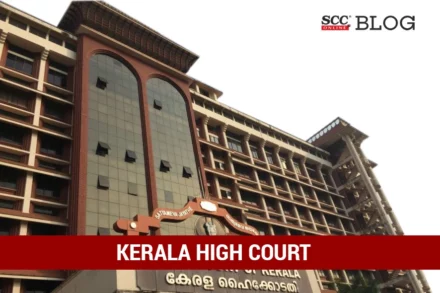
Kerala High Court expressed that this happened because of the lack of knowledge about the safe sex. Minor children are in front of ‘internet’ and ‘google search’. There is no guidance for the children.

JJ Act, 2015 and JJ Rules, 2012 are mandatory and have overreaching effect over any other provision.
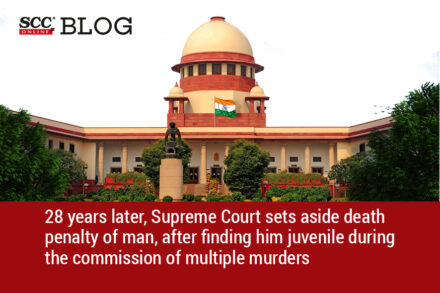
Supreme Court said that the degree or dimension of the offence should not be the direct approach of the Court in its inquiry into juvenility of an accused or convict.
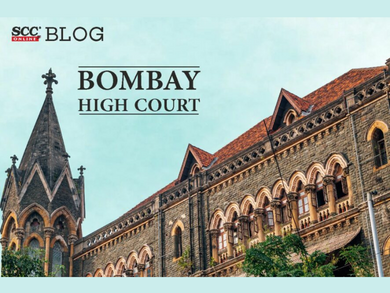
Bombay High Court: In a case relating to an article published by Mid-Day, pursuant to the order of the instant
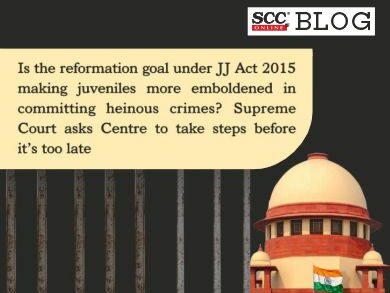
Supreme Court: In the Kathua Rape and murder case where one of the accused was found to be taking the statutory shelter
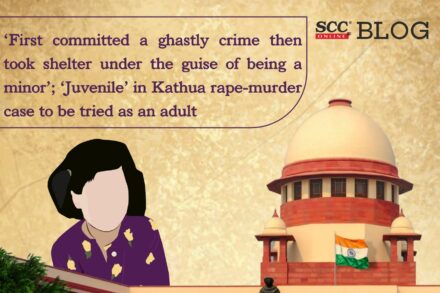
“A casual or cavalier approach while recording as to whether an accused is a juvenile or not cannot be permitted as the courts are enjoined upon to perform their duties with the object of protecting the confidence of a common man in the institution entrusted with the administration of justice.”

Allahabad High Court: In a criminal revision petition filed under Section 102 of the Juvenile Justice Act challenging the order passed by
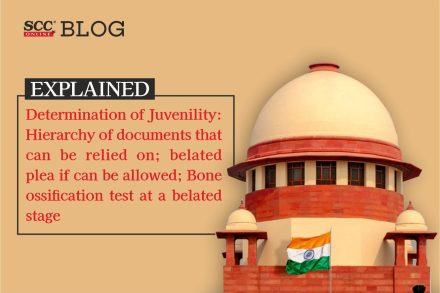
Supreme Court: The bench of Dinesh Maheshwari and JB Pardiwala*, JJ has observed that the plea of juvenility can be allowed to

On 1-09-2022, the Ministry of Women and Child Development notified amendments to the Juvenile Justice (Care and Protection of Children) Model Rules,
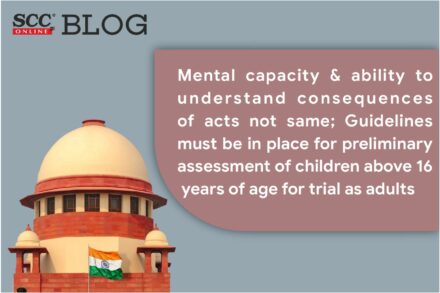
“A child with average intelligence/IQ will have the intellectual knowledge of the consequences of his actions. But whether or not he is able to control himself or his actions will depend on his level of emotional competence.”
Uttaranchal High Court: Ravindra Maithani, J. dismissed an application for anticipatory bail in regards to an ongoing trial under Sections 376, 323,